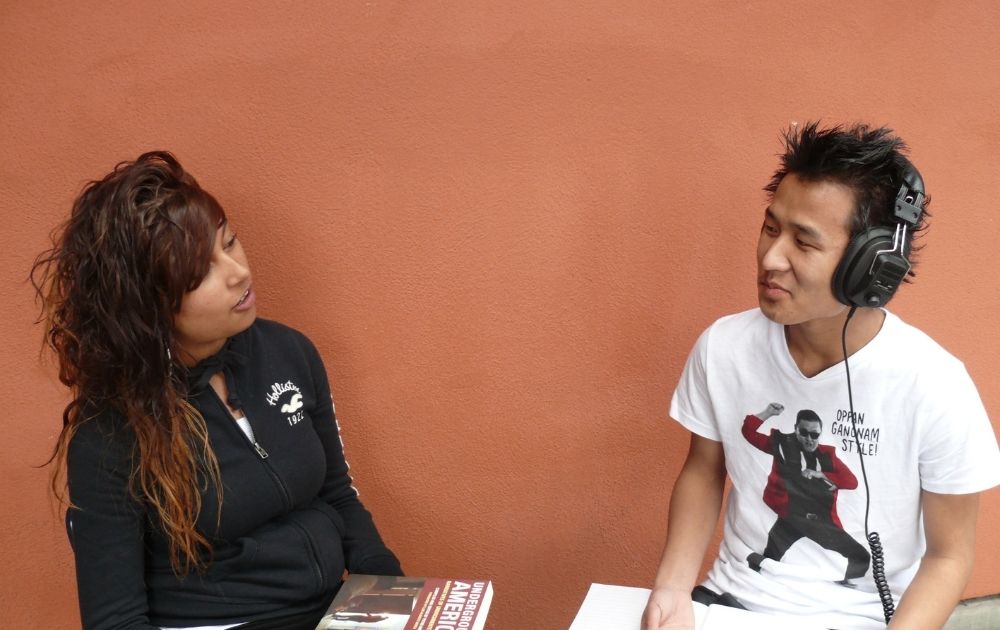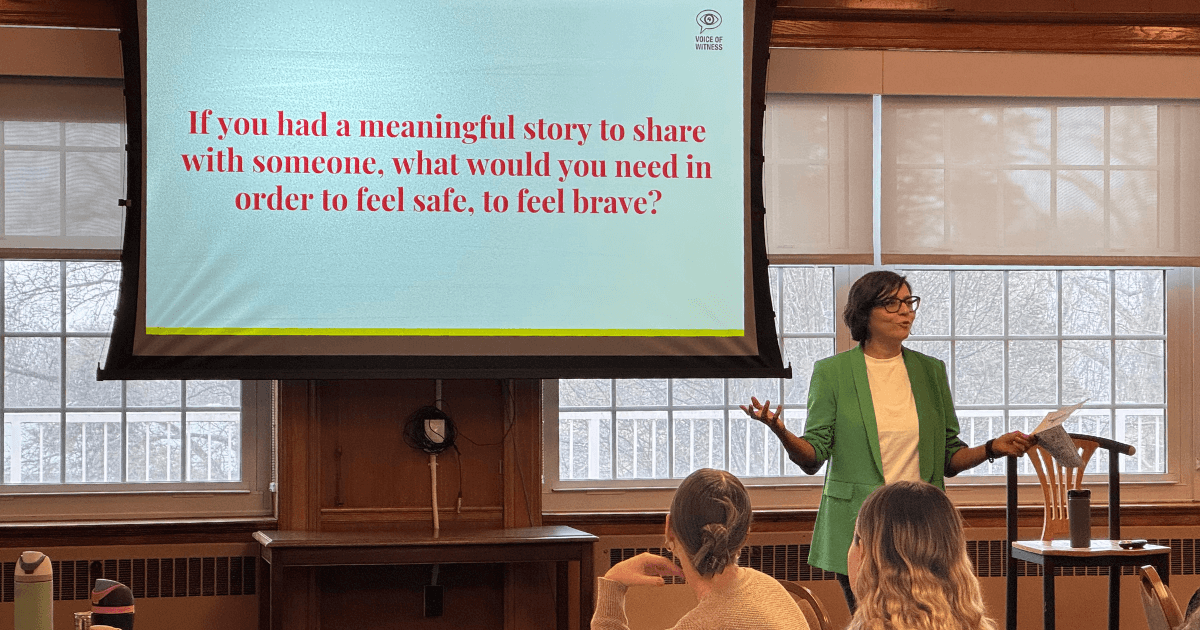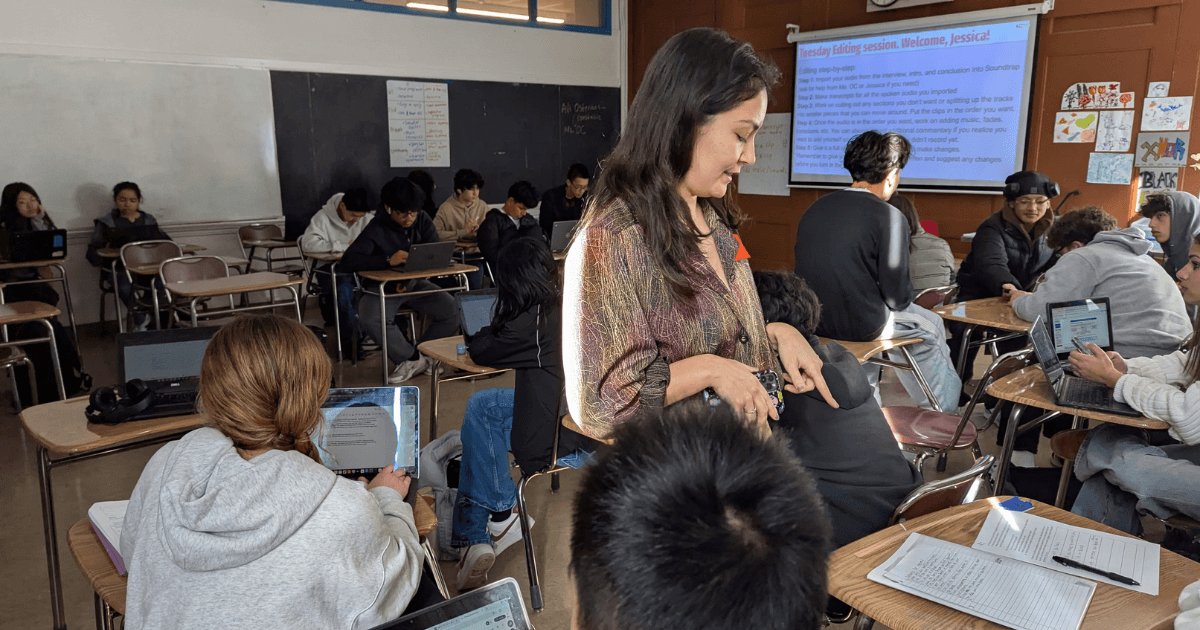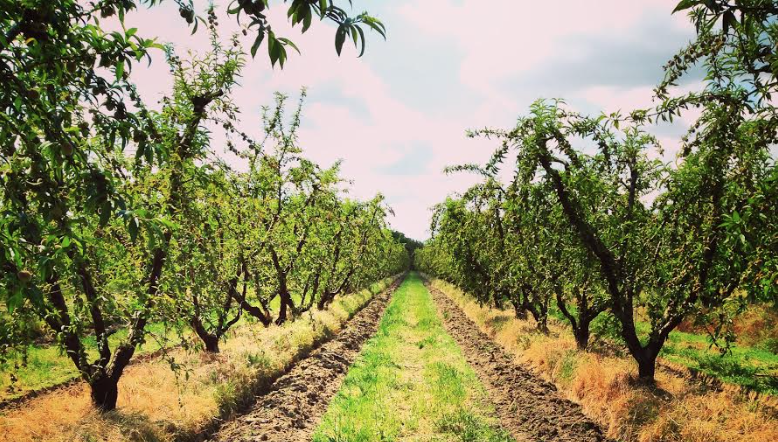
Our Education Advisory Board member Katie Kuszmar has been collaborating with one of the founders of California Certified Organic Farmers to preserve the history of the organic farming movement and honor the voices of its pioneers by collecting oral history interviews from organic farmers.
To contribute to the project, Katie interviewed an organics pioneer named Paul Buxman, a Central Valley California farmer who produces the most delicious and rare persimmons and stone fruits.
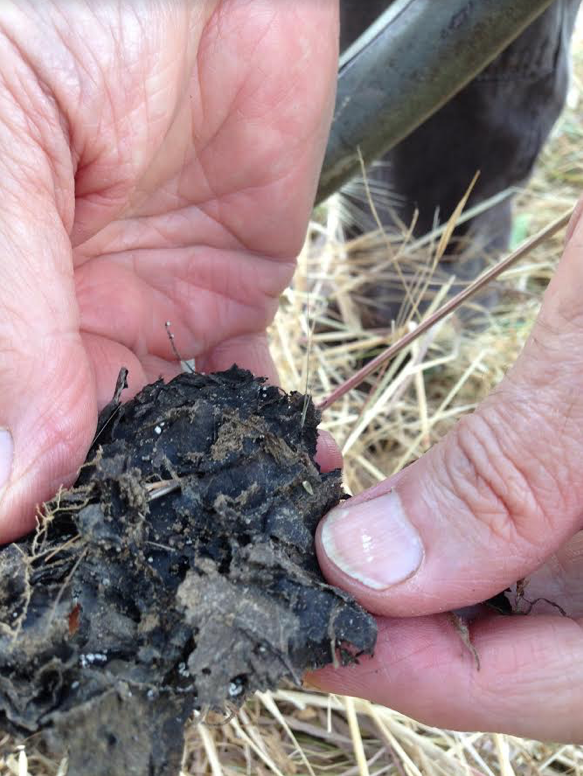
During the interview, Buxman recalled the early days of organics and his role as an organic pioneer. His personal entry into organics began when pesticides from farms surrounding him began to impact his water, crops, and the health of his family.
While the conventional farms, mostly almond growers, that depend heavily on pesticide use surround him, Buxman continues to pursue pesticide-free ways to farm as a social and environmental stand against the pesticide culture.
While he participated in the founding of organic farming in California, he ended up being a soloist in his pursuits: he refused to use pesticides which alienated him from his community of conventional Central Valley farmers, and he stepped away from the organics certification because he disagreed with some of the foundational politics that fueled the movement.
Instead, Buxman created a program called California Clean, as an alternative to organics, though in practice it holds the same tenants.
Reflecting upon her experience interviewing Paul Buxman, Katie explains:
As a new oral historian (because I usually taught oral history rather than collected it) this interview was groundbreaking for me. We spoke for eight hours, which I found to be exceedingly generous, as Buxman was in the middle of a busy season. Buxman is a compelling storyteller and gave me biographical background on his family history. He reflected the personal challenges he has faced while farming, which are deeply connected to his family’s survival.
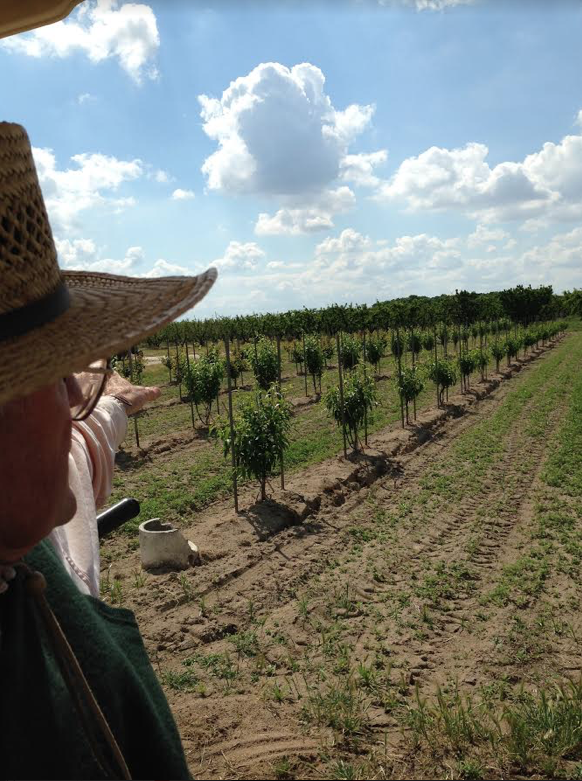
He also spoke about his ventures as an artist – he is a well known and accomplished painter and also plays the fiddle. We sat in his home that he built, surrounded by dozens of his bright works of en plein air oil paintings of California rural and farm landscapes.
We toured the orchards and cried various times throughout the interview, which has now been sitting idle for a few years as the organic oral history project finds a pathway and funding.
I processed Buxman’s interview and edited a few short clips to share. I am thrilled to be able to share what small portion I can to add to the hard conversation concerning our food sources and the effects of chemicals that are use to produce it.
My favorite part about oral history, which Voice of Witness epitomizes in their education program, is that one person’s story carries great impact in allowing us to emotionally understand the context of issues that are hard to digest, like environmental change, political injustices, and the like.
As a teacher of oral history, I would always remind my students that the oral histories we read and collect help us to humanely understand the facts and statistics we hear on the news. These stories are not just headlines or numbers, they help us to become more human.
I believe Buxman’s story about his son’s illness from pesticide use epitomizes this dichotomy. Oral histories fuel compassion and in this case can help us rethink our approach to food production.
Below are are two short clips from Paul Buxman’s interview:
All photos by Katie Kuszmar.

